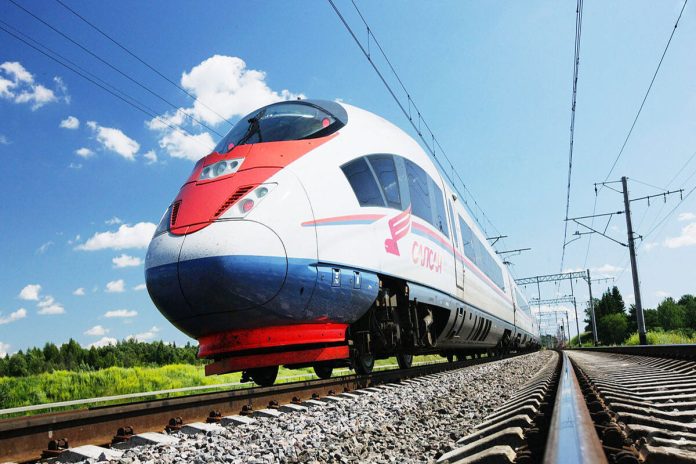Due to high prices quoted by Japanese firms, the Indian government decided to manufacture high-speed trains domestically. Bengaluru, renowned for its technological advancements, is poised to make history by producing India’s first high-speed train.
On September 5, 2024, the Integral Coach Factory (ICF) issued a tender for building two state-of-the-art high-speed chair-car trains, designed to reach 280 km/h and operate at 250 km/h. After the tender closed on September 19, BEML (formerly Bharat Earth Movers Limited), in collaboration with Medha Servo Drives, emerged as the sole bidder, paving the way for India’s entry into the high-speed rail era.
These trains will be part of the ambitious 508-km Mumbai-Ahmedabad High-Speed Rail (MAHSR) corridor, estimated to cost ₹1.1 lakh crore. Initially, the corridor was planned to feature Japanese Shinkansen E5 trains, capable of reaching 350 km/h. However, due to high prices quoted by Japanese firms, the Indian government opted for domestic manufacturing.
A railway ministry official revealed that BEML, known for car body manufacturing expertise, will partner with Medha Servo Drives, which has a proven track record in propulsion systems, including Vande Bharat trains. “Medha’s propulsion system, powering Vande Bharat trains at 160 km/h, will be enhanced to achieve 250 km/h,” said the official.
The BEML-Medha consortium plans to consult a European design firm to ensure the trains meet global standards. The first train, with a design speed of 280 km/h and operational speed of 250 km/h, is expected to roll out by December 2026. Trials will begin on the Surat-Bilimora section of the MAHSR corridor.
The train will consist of seven cars, featuring a standard 3+2 seating arrangement and one executive car with a 2+2 configuration, offering approximately 174 seats. The number of cars may increase to 12 or 16, depending on future demand.
Medha will handle TCMS and propulsion system development from its Hyderabad facility, while BEML will oversee final assembly in Bengaluru. “After successful trials, we anticipate more orders for additional trainsets, not only for Mumbai-Ahmedabad but also for other high-speed corridors like Delhi-Varanasi, Mumbai-Hyderabad, and Bengaluru-Chennai,” the official added, reports Moneycontrol.
Targeting Export Markets
These trains are being built for standard gauge tracks, with the Indian government eyeing Southeast Asian and African export markets. BEML and Medha’s collaboration enhances India’s capability to build high-speed rail infrastructure, potentially paving the way for domestic and international orders.
The current tender, valued between ₹200-250 crore per train, is expected to be finalized within a week. Though the initial order is small, BEML is confident of completing manufacturing within 2.5 years, setting a new benchmark for India’s railway sector.
This domestic development of high-speed trains could mark a turning point in India’s rail history, reducing dependency on foreign suppliers and showcasing India’s growing technological prowess in high-speed rail manufacturing.


